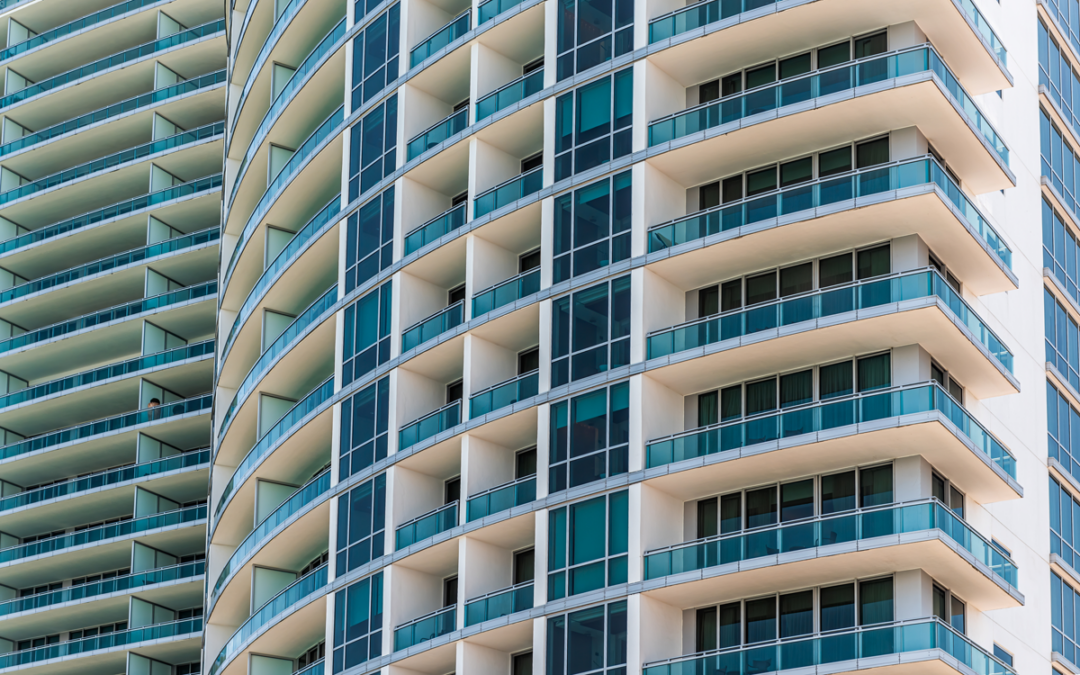As a landlord in Minnesota, it’s important to be aware of your rights and responsibilities. Following is a list of the top things you need to know to ensure that you comply with Minnesota law and protect your interests as a landlord.
- Screening Tenants. You have the right to screen potential tenants and reject applicants who do not meet your standards. However, it’s important to be aware of fair housing laws to ensure that you are not discriminating against tenants based on protected characteristics such as race, gender, or disability.
- Security Deposits. You have the right to collect a security deposit from tenants to cover damages or unpaid rent. Minnesota law limits the amount of the security deposit you can collect to one month’s rent for an unfurnished unit and two months’ rent for a furnished unit.
- Duty to Repairs and Maintenance. You are responsible for keeping the rental unit in a habitable condition and making repairs when necessary. Failure to do so could result in legal action from tenants.
- Eviction. If a tenant violates the lease agreement, you can initiate eviction proceedings. However, it’s important to follow the legal process for eviction to avoid legal problems and protect the tenant’s rights.
- The Minnesota Cold Weather Rule. Prohibits landlords from shutting off utilities such as heat, electricity and water during the winter months, regardless of whether the tenant is behind on payments or not, and to ensure habitable living conditions for tenants during cold weather. The rule is in effect from October 15th through April 15th.
- Rent Increases. You have the right to increase rent but must follow the lease agreement terms and provide adequate notice to the tenant.
- Written Lease. Providing a written copy of the lease to tenants in Minnesota is legally required and helps ensure that all parties are clear on the terms and responsibilities of the rental agreement, which can prevent disputes and legal issues down the line.
- Access to Rental Units. You have the right to access rental units for repairs, maintenance, or to show the unit to prospective tenants. However, you must provide reasonable notice and obtain the tenant’s consent to enter the unit.
- Disclosing Lead Paint. If your rental property was built before 1978, you are required by federal law to disclose the presence of lead-based paint to tenants.
- Insurance. You should carry adequate insurance to protect your rental property from damages, liability, and other risks.
- Not Retaliating Against Tenants. Minnesota landlords cannot retaliate against tenants whom they don’t like or who are late paying rent because retaliation is prohibited by law and can result in legal consequences.
- Tenant Privacy. You are responsible for protecting your tenants’ privacy and ensuring their personal information is not disclosed to unauthorized parties.
- Reasonable Accommodations for Tenants with Disabilities. Landlords in Minnesota have a legal obligation to provide reasonable accommodations for tenants with disabilities. These accommodations may include making physical changes to the unit or building, allowing service animals or emotional support animals, and making changes to rental policies. Failure to provide reasonable accommodations can result in legal action against the landlord.
- Required Notice Before Entering Rental Property. Landlords in Minnesota must provide reasonable notice before entering a tenant’s rental property. According to Minnesota law, landlords must provide at least 24 hours’ notice before entering a rental unit, except in cases of emergency. If a landlord fails to provide adequate notice or abuses their right to enter a tenant’s rental property, they can face legal consequences.
Working with a lawyer who focuses on landlord-tenant law can help you navigate these rights and responsibilities and handle any legal disputes that may arise. Lommen Abdo focuses on working with landlords and is a Minnesota Multi-Housing Association (MHA) member. Our team can provide you with legal guidance and representation to ensure that you are acting in compliance with Minnesota law and protecting your interests as a landlord.
Fostering Strong Relationships with Tenants
In addition to understanding your rights and responsibilities as a landlord, it’s important to foster good relationships with your tenants. This can help to prevent legal disputes and ensure that your rental property is well-maintained and profitable. Here are some tips for fostering good relationships with your tenants:
- Be responsive to tenant requests and complaints. Respond promptly to any issues that arise and take steps to address them.
- Respect tenant privacy. Follow the legal guidelines for accessing rental units and ensure that tenants’ personal information is kept confidential.
- Communicate regularly with tenants. Keep tenants informed about any changes or issues that may affect them and be available to answer their questions.
- Provide clear expectations. Set expectations for tenant behavior and responsibilities and ensure that these expectations are outlined in the lease agreement.
- Be fair and consistent. Treat all tenants fairly and consistently to avoid accusations of discrimination or favoritism.
As a landlord in Minnesota, you must be aware of your rights and responsibilities. Knowing and following the laws and regulations that govern landlord-tenant relationships can help protect you from legal action and ensure you provide a safe and fair living environment for your tenants. If you have questions or concerns about your rights and responsibilities as a landlord, contact Lommen Abdo. Being a landlord in Minnesota comes with a variety of rights and responsibilities. You can create a successful and profitable rental property by understanding these rights and responsibilities and fostering good relationships with tenants.

